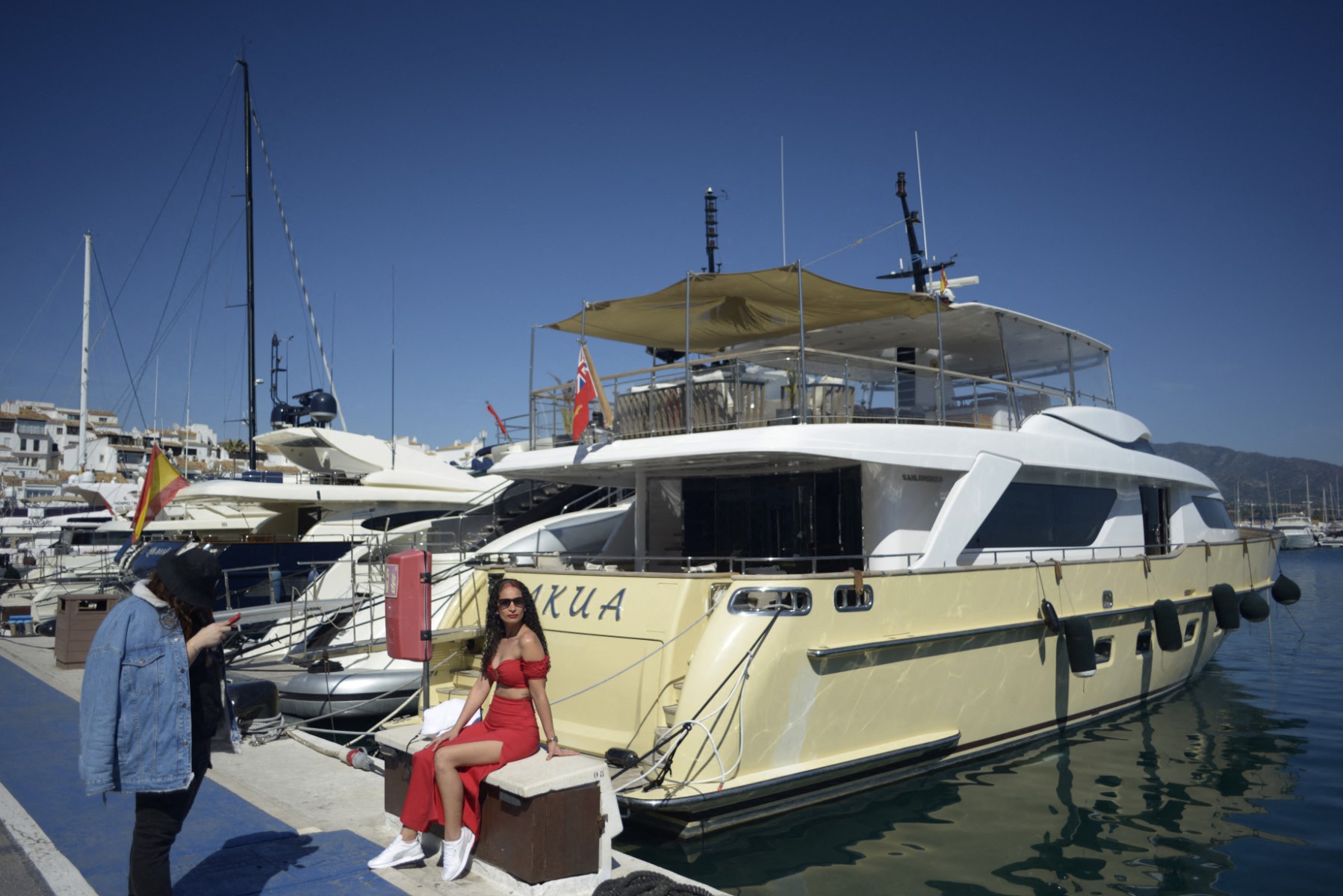Up until 2023, the general rule in Spain was that both the landlord and the tenant would both have to pay estate agency fees when a rental contract was processed through them, although in some cases it was just the arrendatario (tenant) rather than the arrendador (landlord) who had to foot most of this commission.
Tenants often had the sense they weren’t getting much in return out of it, as it was common to find apartments hadn’t been cleaned, filled with broken furniture and other appliances that weren’t working.
On top of a commission to the agency equal to one month of rent, tenants had to pay one to two month’s deposit and a month’s rent, meaning they had to pay a total of three to four months’ worth of fees upfront, which would rack up to a lot of money.
READ ALSO: The cities in Spain where people fight most over a place to rent
Thankfully, Spain’s housing law, brought into force in May 2023, put an end to this and now it’s solely down to the landlord to pay the agency fee as they’re the ones who hired them.
The law, which modified part of the Urban Leasing Law of 1994, now states: “The expenses of real estate management and formalisation of the contract will be borne by the lessor,” that is, the owner of the property.
READ ALSO – Renting in Spain: Can my partner move in with me?
One of the main problems is that agencies have been doing this for so long that they stand to lose quite a bit of money and may continue to ask tenants to pay on the side.
Alejandro Fuentes-Lojo, a lawyer specialised in real estate law explained to Spanish news site Newtral: “Many professionals will try to circumvent this prohibition, and in some cases they will try to make the tenant pay out of pocket, but we must warn that if they agree, they will be unprotected by the law”.
Be aware, even though tenants shouldn’t have to pay the full agency fees anymore, there are certain circumstances in which they may still have to pay something.
The Rental Negotiating Agency (ANA), states that there are a series of exceptional cases where real estate agencies can pass some of these expenses on to tenants, specifically when they are offered a series of additional services that directly benefit them.
These expenses could include house cleaning services at the end of the lease, repair services and legal advice during the duration of the contract, or other services where it can be proven that they have a direct benefit for the tenants. These expenses can only be collected after the contracts are signed.
READ ALSO – Q&A: When can you legally leave a rental property in Spain?
The general director of ANA and a lawyer specialised in leasing, José Ramón Zurdo, states: “The new Housing Law does not regulate or limit the impact of expenses that accrue after the signing of the contracts, because the limit of expenses that can be passed on is closed after this time”.
According to the new housing law, expenses that can’t be passed on to the tenant include management expenses charged by real estate agencies for intermediating, searching for tenants and showing the homes. Tenants can also not be charged for expenses of formalising contracts or paying any lawyers or notaries involved.
There are also four exceptional cases where agencies can still charge fees to tenants, when they are not habitual residence leases and, therefore, are not regulated by the Urban Leases Law.
These include:
- Tourist accommodation
- Rental of commercial or office space
- Seasonal rentals
- Luxury housing leases – Properties whose surface area exceeds 300 m2 built, or whose rent exceeds the interprofessional minimum wage by 5.5 times.
READ ALSO: Spanish court rules buyer can purchase property directly from seller without paying agency fees




 Please whitelist us to continue reading.
Please whitelist us to continue reading.
Member comments